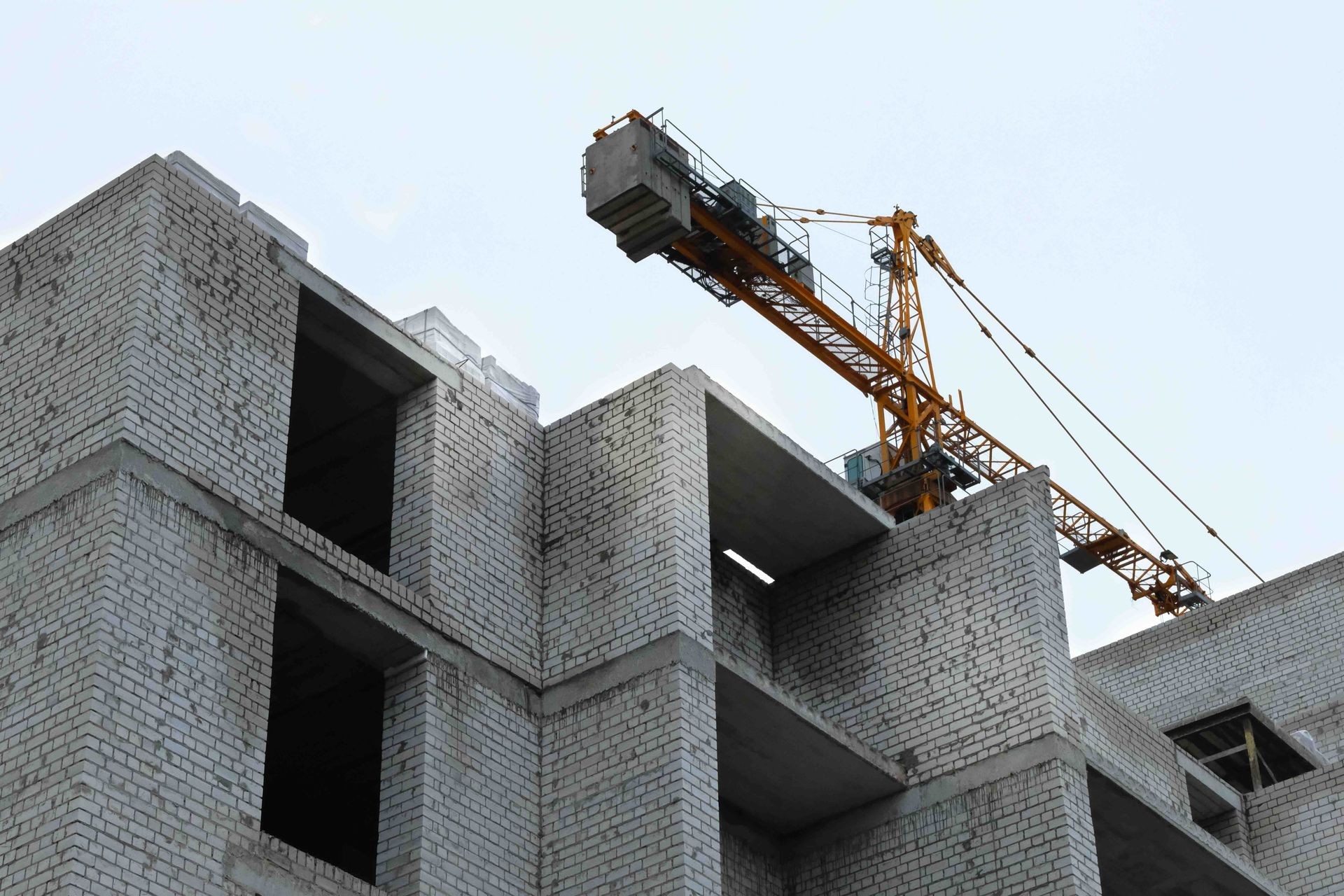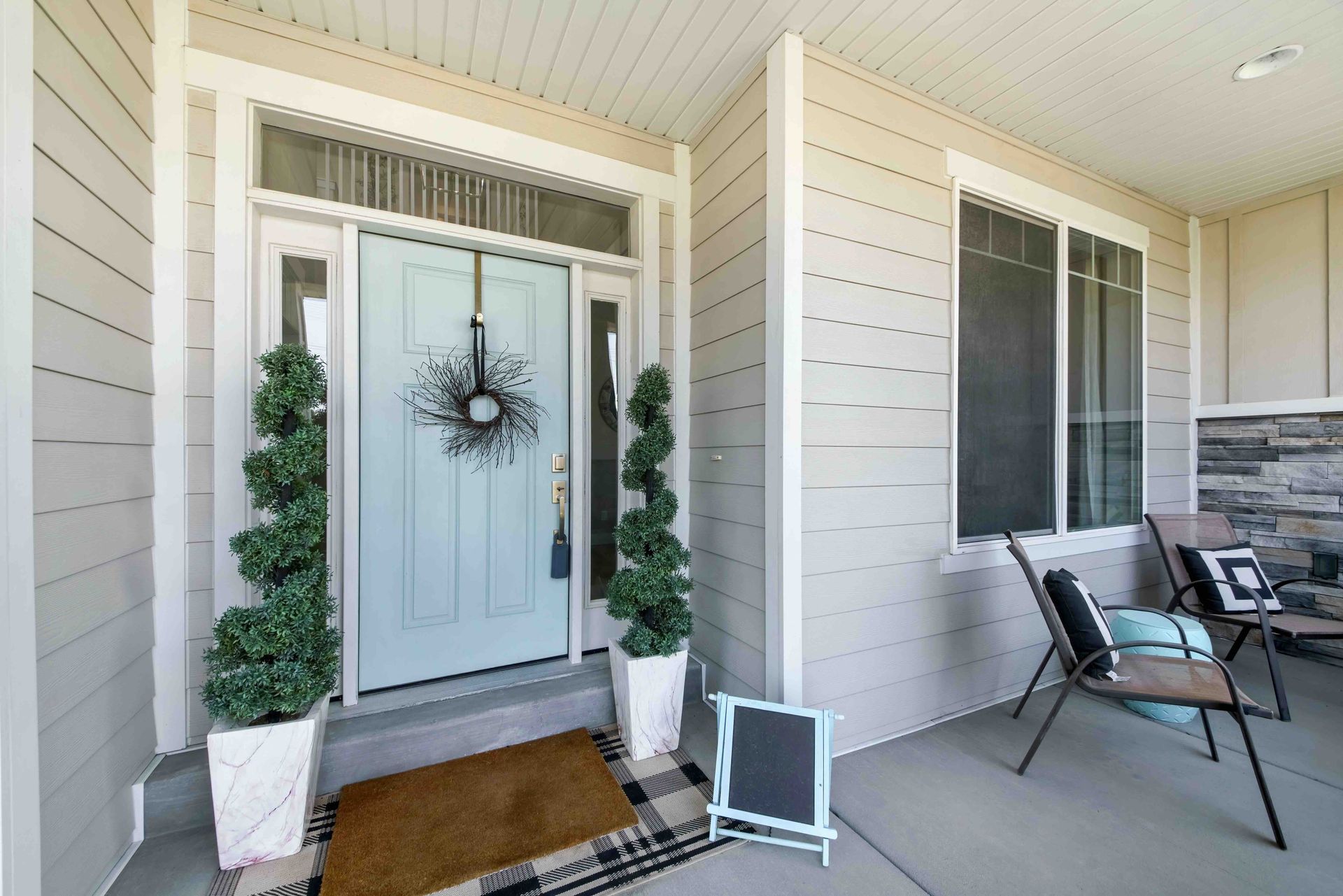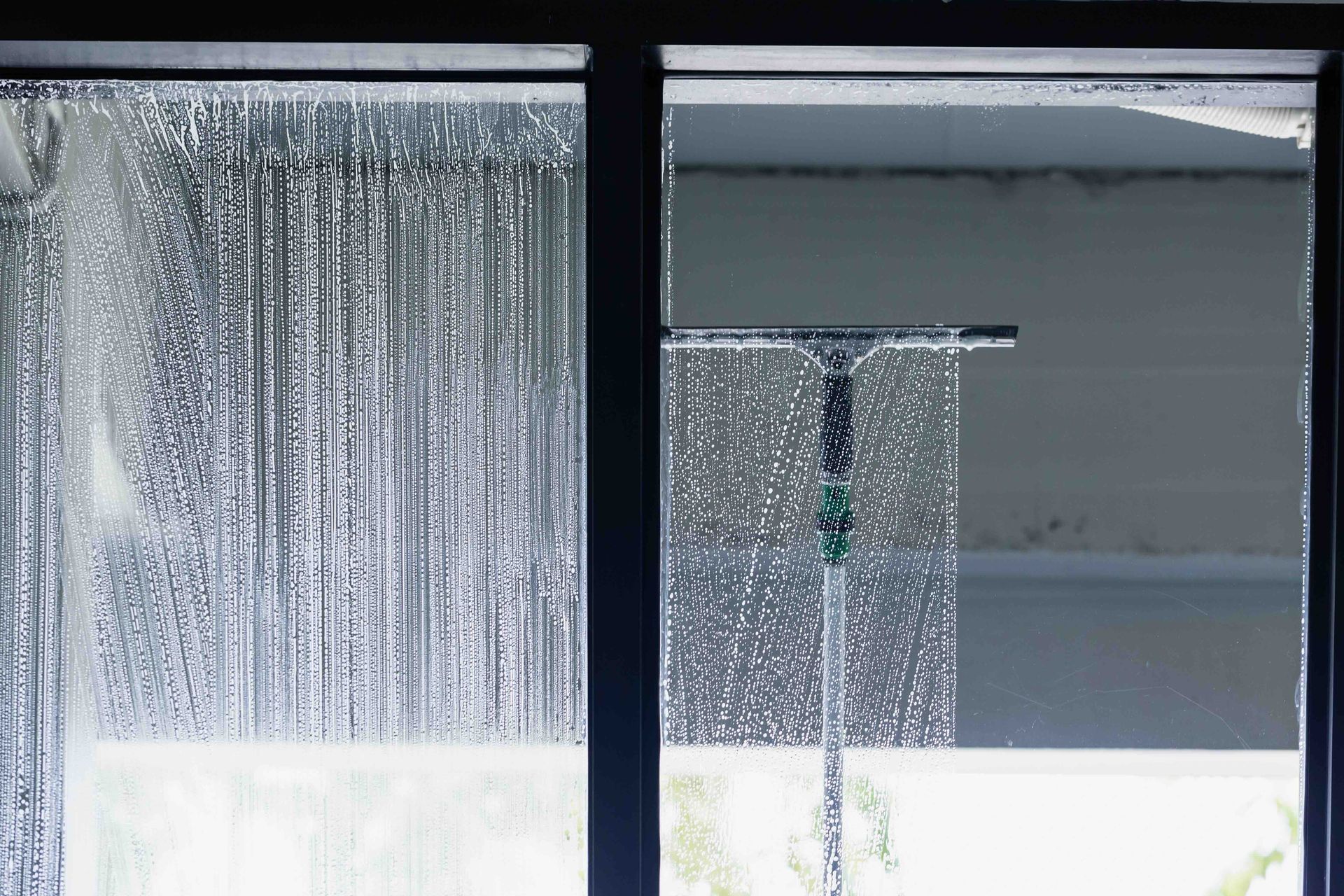Tips for Great Neighborhood Searches When Looking for a New Home
Finding the perfect neighborhood is just as important as buying the right home. The location of your home significantly impacts your daily life, affecting everything from your commute time to your sense of community and overall quality of life. The process requires careful consideration, thorough research, and multiple visits to potential neighborhoods. Below is a comprehensive guide to help you make an informed decision when selecting the right neighborhood for your new home.
Real estate doesn’t have to be complicated. With Cornerstone Home Group, you get expert guidance and a dedication to "Serving All Your Real Estate Needs" every step of the way. Whether you’re looking to buy, sell, or invest, we’re here to help. Contact us today at
616.341.7231 or via
our website contact form to start the conversation!
Start with Online Research
Before setting foot in any neighborhood, start by researching online. Various websites provide details about schools, crime rates, and amenities in different areas. Start with finding the perfect house right on our Cornerstone Home Group website's active listings page.
Looking at maps, reading community reviews, and checking real estate listings can give you a solid first impression of what to expect. This research will help you narrow down the options and save time when visiting neighborhoods in person.
Several online tools can aid your research:
- Google Maps and Street View: Explore the layout, nearby amenities, and street conditions.
- NeighborhoodScout and AreaVibes: Provide crime statistics, school ratings, and livability scores.
- Nextdoor and local forums: Offer insights from current residents about the pros and cons of living in a particular area.
While online research is an excellent starting point, it's important to remember that it only provides part of the picture. You'll want to combine your findings with firsthand experiences to get an authentic feel for the area.
Visit the Neighborhood at Different Times
A community's atmosphere can change depending on the time of day. A quiet street in the morning might turn into a bustling area in the evening. To get a complete picture of living there, visit at various times—morning, afternoon, and night. This will allow you to observe traffic patterns, noise levels, and overall activity, helping determine if the neighborhood aligns with your lifestyle.
- Morning: Observe school drop-off routines, work traffic, and general activity levels.
- Afternoon: Check for noise levels, foot traffic, and accessibility to local businesses.
- Evening: See if the area is well-lit, assess safety, and observe social dynamics.
These steps can prevent surprises and help you feel more confident in your decision.
Talk to Residents
One of the best ways to learn about a neighborhood is by speaking with the people there. Current residents can share firsthand insights about the area's safety, friendliness, and any issues they may have encountered. Casual conversations with neighbors, shop owners, or parents at a local park can provide valuable information that online research might not reveal.
Some practical questions to ask include:
- What do you like most about living here?
- Are there any concerns or problems with the neighborhood?
- How is the sense of community?
- What are the traffic and noise levels?
- Are there frequent social events or neighborhood activities?
Hearing real-life experiences can offer deeper insights that statistics and reviews may not capture.

Explore Local Amenities and Services
A good neighborhood should have easy access to essential amenities such as grocery stores, healthcare facilities, schools, and restaurants. Take the time to explore what's nearby and consider how these services fit into your daily routine. If you enjoy outdoor activities, check for parks and trails. If dining out is important, see what local restaurants are available. The presence of convenient amenities can enhance your overall living experience.
Amenities to consider:
- Grocery stores and shopping centers: Convenient access to food and household necessities.
- Healthcare facilities: Proximity to hospitals, urgent care centers, and pharmacies.
- Schools: Good schools often translate to higher property values even if you don't have children.
- Recreational areas: Parks, gyms, trails, and other fitness-related facilities.
- Entertainment and dining options: Restaurants, cafes, and local attractions.
These essential services within a short distance can significantly improve convenience and quality of life.
Evaluate the Commute
Your daily commute plays a crucial role in your quality of life. Whether you drive or use public transportation, test out your potential commute from the neighborhood to your workplace during peak hours. Long or stressful commutes can become frustrating over time, so it's vital to ensure that travel times are manageable before deciding.
Consider the following when evaluating your commute:
- Distance and travel time to work.
- Traffic congestion and alternative routes.
- Availability and reliability of public transportation.
- Parking availability and restrictions.
By testing your commute before committing to a neighborhood, you can ensure that your work-life balance remains optimal.
Check School District Ratings
Even if you don't have children, neighborhood schools' quality can impact property values and future resale potential. Research school district ratings and visit nearby schools if possible. Areas with highly rated schools maintain strong property values, making them a good investment for homebuyers.
Resources for school research:
- GreatSchools.org: Provides ratings, reviews, and test scores.
- Local school district websites: Offers enrollment data and curriculum details.
- Parent reviews and community forums: Share firsthand experiences and insights.
A strong school district often attracts families, fostering a sense of stability in the community.
Assess Safety and Crime Rates
Safety is a top priority when choosing a new home. Use local police department websites or crime-tracking tools to assess crime rates in the area. Drive around the neighborhood to see if there are visible signs of safety concerns, such as abandoned properties or poorly maintained public spaces. Feeling secure in your new home is essential for peace of mind.
Ways to assess safety:
- Check crime reports on websites like CrimeMapping.com.
- Look for street lighting and security measures.
- Observe if homes have security systems, fences, or neighborhood watch signs.
- Visit at night to assess the overall atmosphere.
Taking these precautions ensures you're making an informed choice about safety.
Observe Community Engagement
A strong sense of community can make a neighborhood feel more welcoming and enjoyable. When people actively participate in their community, they create an environment where residents feel connected, safe, and supported. Engaged communities tend to have stronger social bonds, making them more vibrant places to live.
One of the best ways to assess a neighborhood's community spirit is to look for signs of engagement. This could be evident through events, local organizations, and well-maintained public spaces. Seeing neighbors interacting, attending events, and supporting local businesses positively indicates a thriving community where people take pride in their surroundings.
Consider the following aspects when evaluating community engagement:
- Local farmers' markets or street fairs: These events unite people, support local businesses, and create a sense of belonging.
- Neighborhood meetings or homeowners' associations: Active participation in local governance helps residents have a say in community improvements.
- Volunteering opportunities and social clubs: Community-driven initiatives such as park cleanups, charity events, or hobby groups encourage collaboration and shared responsibility.
- Social media groups or online community discussions: Digital platforms allow residents to communicate, share local news, and organize events, fostering connections beyond physical gatherings.
A well-connected community offers many benefits, including improved safety, stronger friendships, and a more enjoyable living experience. People who engage with their neighborhood tend to look out for one another, creating a supportive and inclusive atmosphere. When considering a place to live, paying attention to these engagement indicators can help you find a community where you can feel at home.

Consider Future Development Plans
Researching future development projects can give you insights into the long-term potential of a neighborhood. Plans for new schools, shopping centers, or parks can positively impact property values, while certain commercial developments could increase noise and traffic. Checking city planning documents or speaking with local officials can help you understand how the area might change in the coming years.
Ways to check future developments:
- Visit the city's planning or zoning office.
- Check online city council meeting minutes.
- Speak with real estate agents or local officials.
Awareness of planned developments can help you invest in a neighborhood that will grow and thrive.
Trust Your Instincts
After all your research and visits, trust your instincts when making a final decision. If a neighborhood feels right and meets your key requirements, it's likely a good fit. Pay attention to how comfortable you feel while walking around at home. Your intuition and thorough research will guide you to the right choice.
Need Expert Guidance?
Finding the perfect home can be an exciting yet overwhelming experience, especially when searching in a city as diverse and dynamic as Grand Rapids, MI. With so many neighborhoods, housing options, and market conditions to consider, having expert guidance can make the process much smoother and more enjoyable.
Cornerstone Home Group is here to help if you're looking for professional assistance. Their team of experienced realtors understands the local market inside and out, ensuring you find a home that truly fits your needs, lifestyle, and budget. Whether you're a first-time homebuyer, relocating, or searching for your forever home, their expertise can make a significant difference.
Why Work with Cornerstone Home Group?
- Local Market Knowledge: Understanding Grand Rapids' unique neighborhoods, school districts, amenities, and property values can help you make an informed decision.
- Personalized Home Search: They take the time to understand your preferences, from commute times to nearby parks and restaurants.
- Negotiation Expertise: Buying a home involves more than just choosing a property; their team will negotiate the best possible deal for you.
- Stress-Free Process: From home tours to closing paperwork, they guide you through every step, making your experience smooth and hassle-free.
Working with a trusted real estate team ensures that you find a house and a place you can truly call home. If you're ready to start your home search in Grand Rapids, MI, contact Cornerstone Home Group today for expert guidance. Happy house hunting!
Share on





